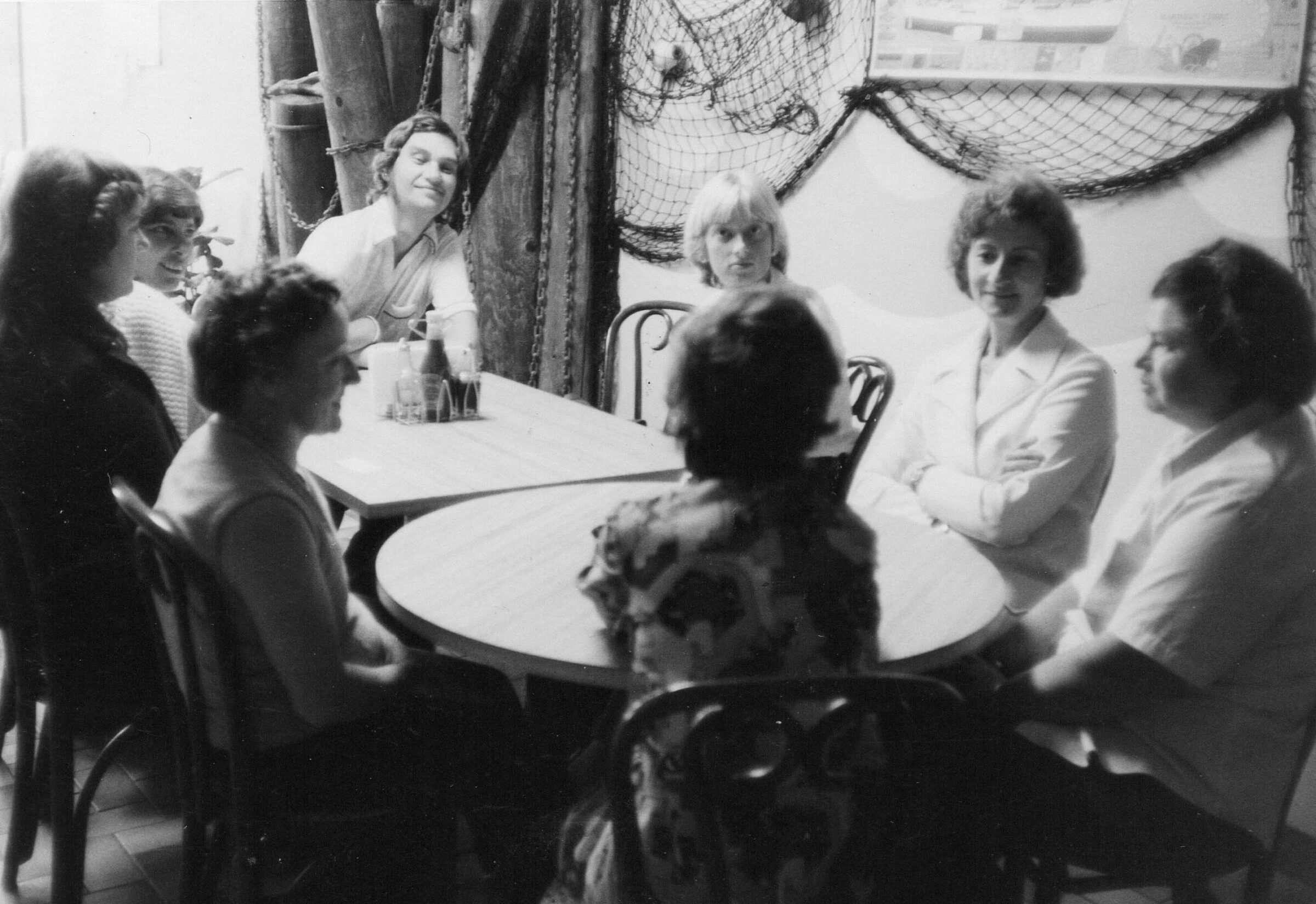
Services
A Legacy of Person-Centred Care
When this organization began in the early 1970s, one of the first priorities was to establish homes within community where people living with developmental disabilities could live and thrive. Two homes were established in 1974: The Cedars in Rosedale and The Twin Firs in Abbotsford. Each home had house parents who provided care and oversight, nurturing the growth of the people who lived there.
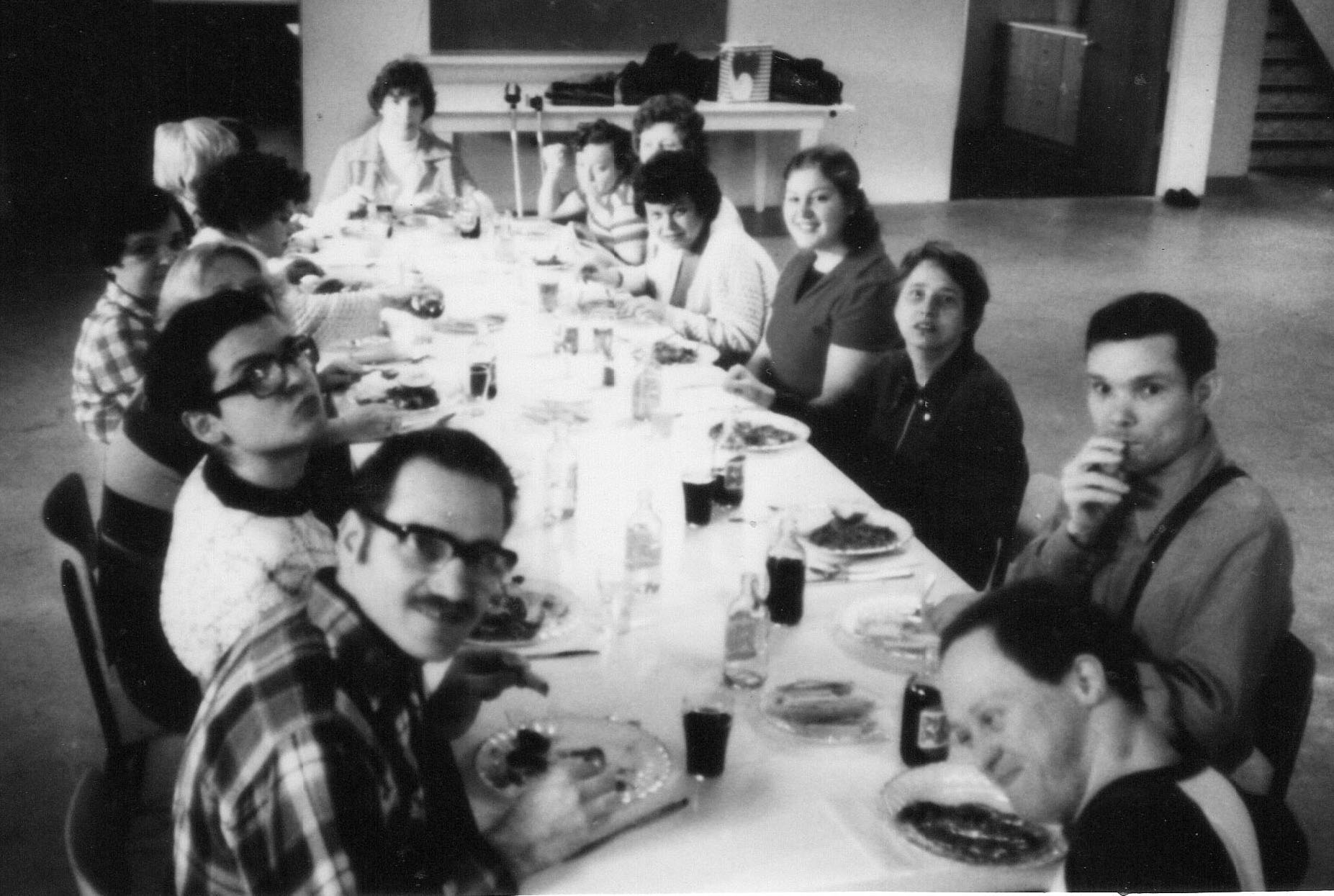
Now that safe, stable housing in community had been established, it was time to find meaningful ways to engage with community. To do this, a program called the Clearbrook Achievement Centre (CAC) was established. Helen Reimer (pictured in photo at top, second from left) was its first coordinator and she worked closely with voluntary service workers from Mennonite Central Committee (MCC) BC, Joyce and Peter Wiebe.
“The goal of CAC was to give people with disabilities opportunities to be in and serve their community,” Helen explains. “As staff, we were to be examples in every way, modeling service for the people who participated. I loved it.”
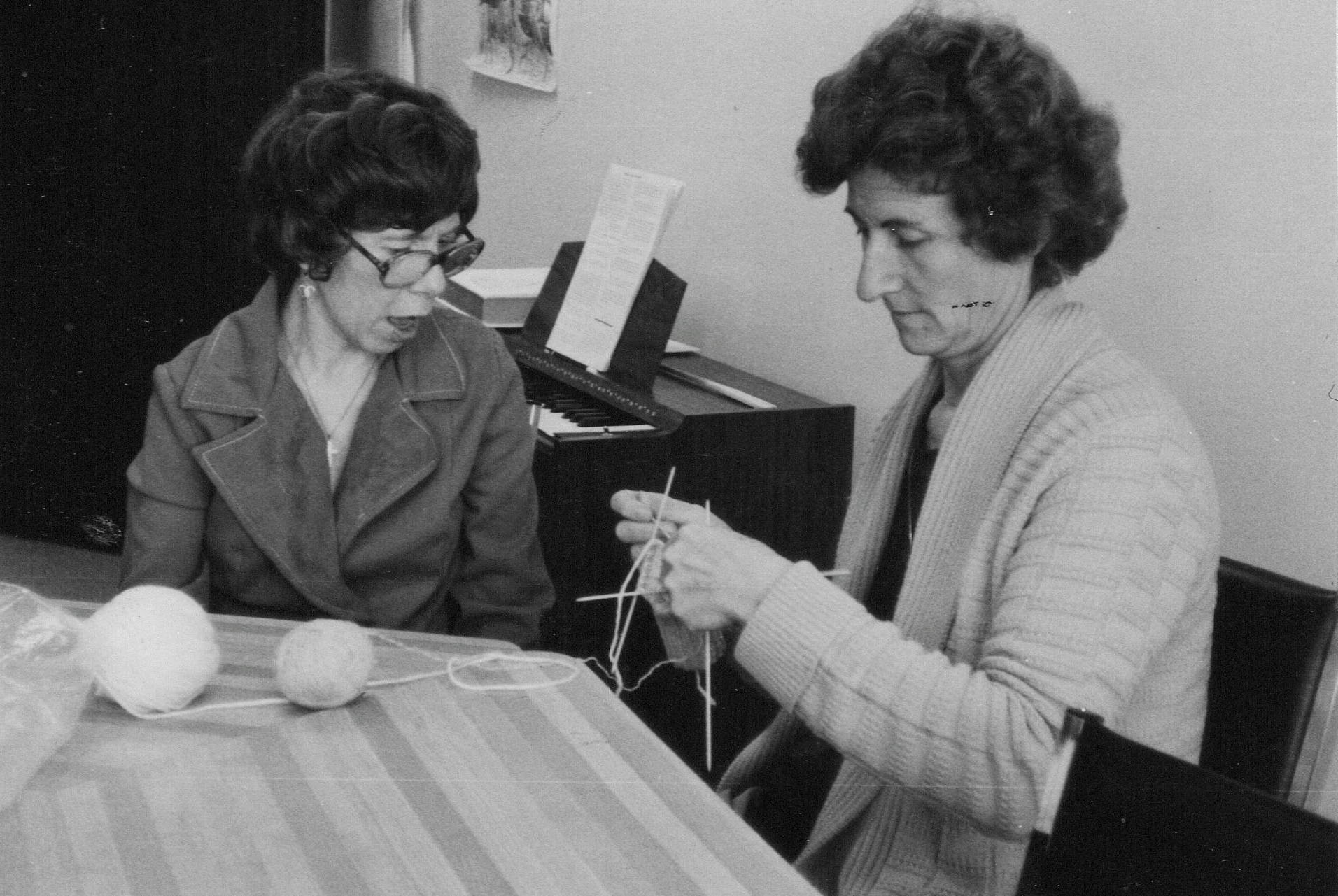
Joyce agrees. “Our focus was to help each person feel productive and part of community,” she says. “Everyone was given a task no matter their limitations and all were able to participate.’
Helen and her husband Vernon had served with MCC in India for 10 years, returning in 1972 when Vernon became the executive director for MCC BC. Helen doesn’t recall having much interaction with people living with disabilities before going to India but her experiences there prepared her in a unique way.
“We lived in Calcutta and there was a great deal of stigma placed on poor people because of the caste system there,” she says. “That experience helped me recognize the stigma faced by people who live with disabilities here.”
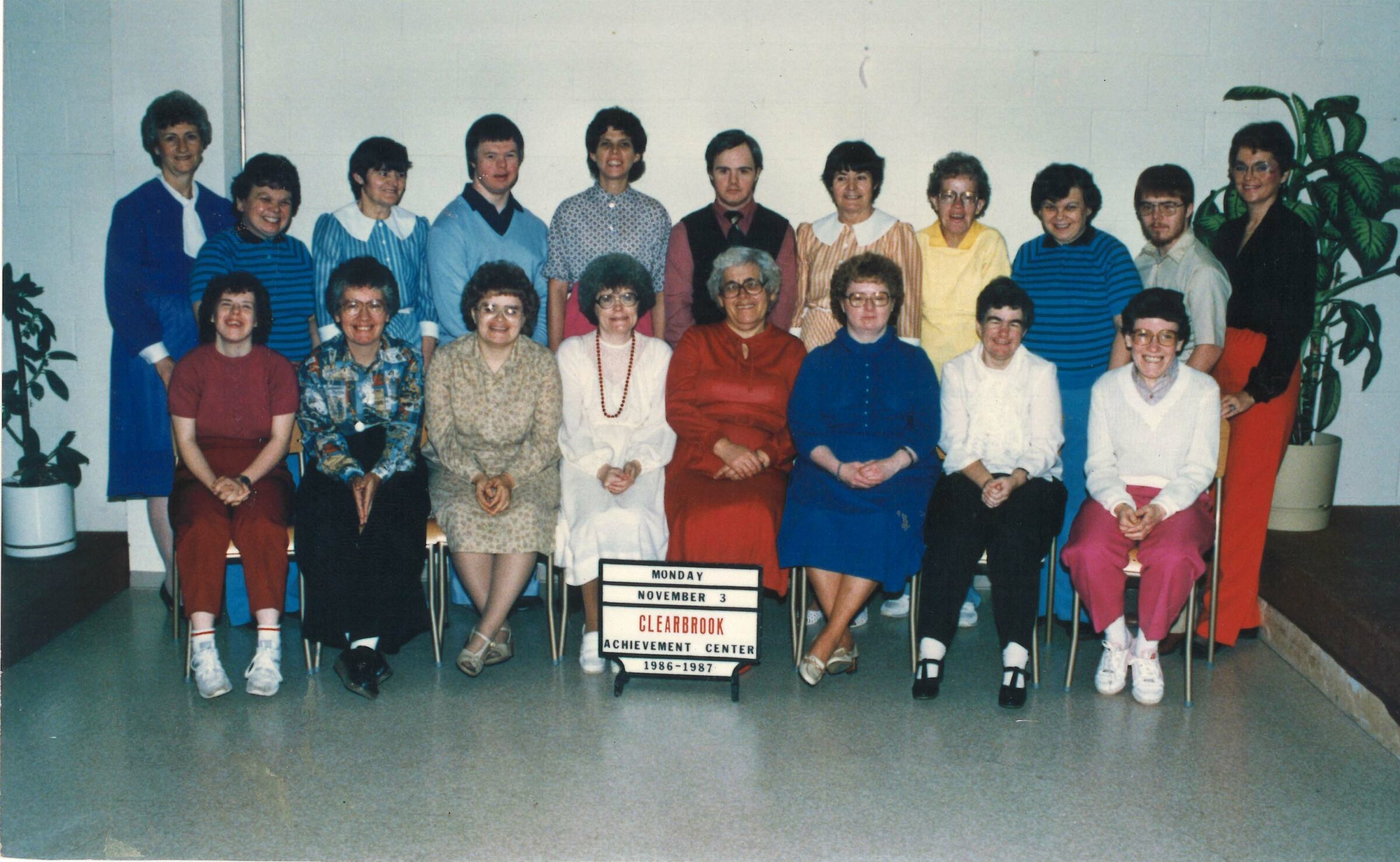
CAC began in church basements before settling in at the Clearbrook Golden Age Society. Helen remembers this as a wonderful experience because the seniors there were so accepting and welcoming. Joyce recalls the different jobs that they did and how they interacted with the seniors.
“We did janitorial work like cleaning washrooms, washing windows and floors, and vacuuming,” Joyce remembers. “We had lunch together with seniors once a week in their dining room and we were also able to use the gym to play games.”
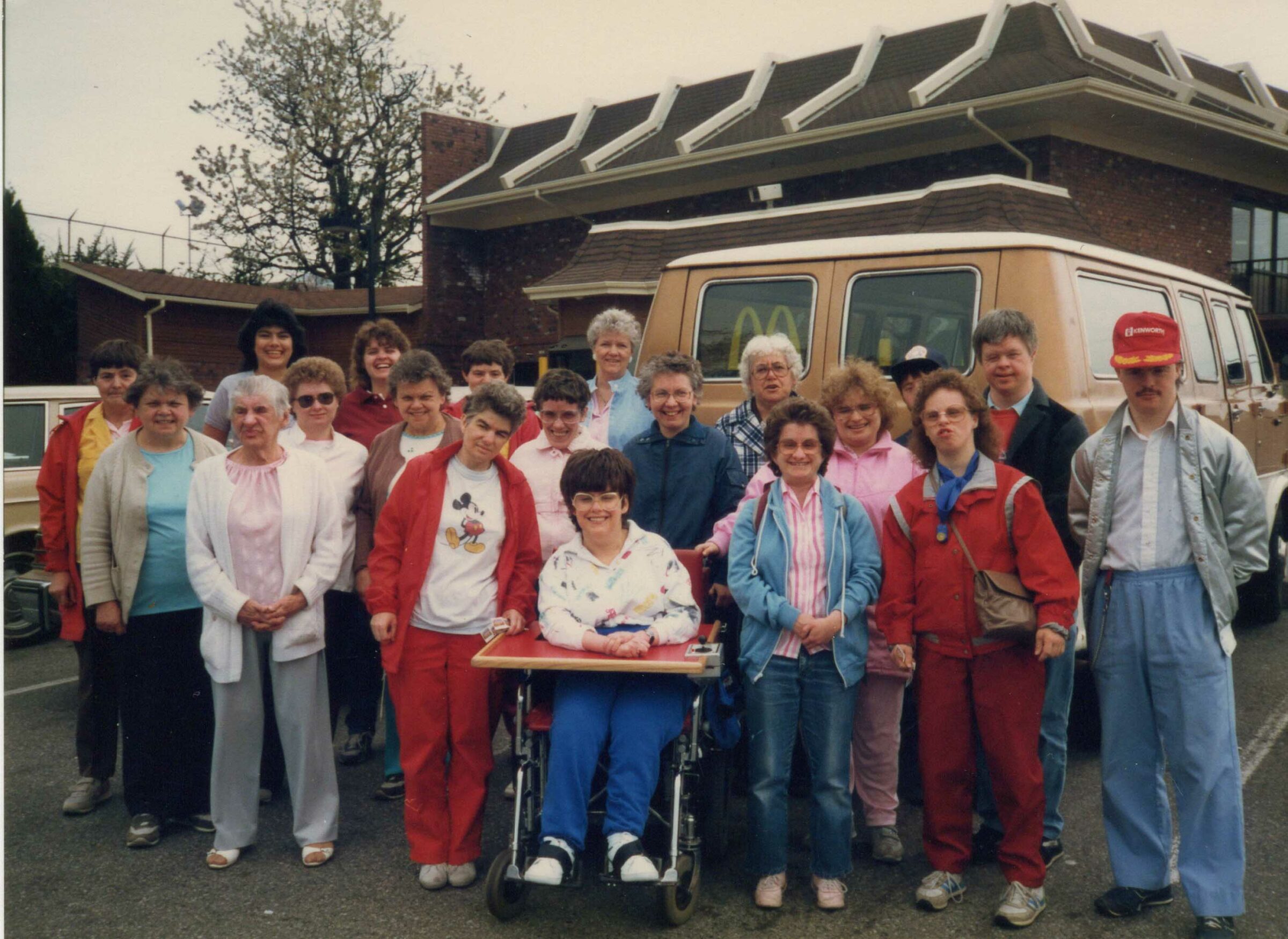
The people they served also enjoyed outings to parks, field trips into Vancouver, or going to camp in the summer. When MCC BC opened a café above its thrift shop in Clearbrook, CAC participants were involved in preparing meals and baking.
As the program became more established, it underwent a name change and moved location. Clearbrook Achievement Centre became Choices and Connections as a way to more fully describe the program. Helen retired from this service in 1994.
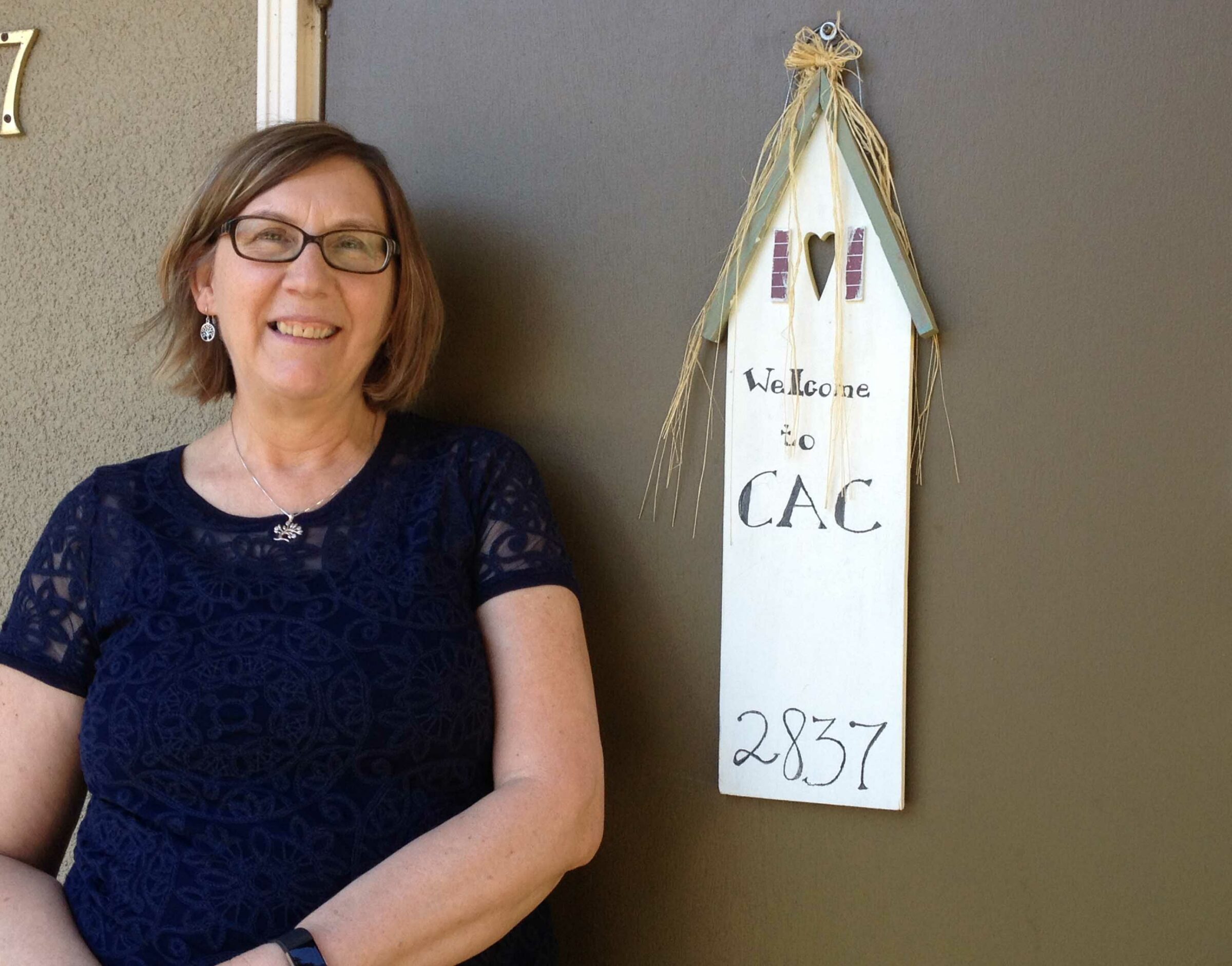
Claudette Iverson was the last manager of CAC. When she began, CAC was located at the Communitas offices on Bourquin Crescent in Abbotsford but it was soon evident that a different space as needed.
“The people we served at that time were very active so we were really outgrowing the space at the office,” she says. “I remember praying with our volunteers for a home.”
That prayer was answered and CAC moved to its own home with several rooms and a yard, giving participants more flexibility.
“The house allowed us to have a quiet room, a dedicated crafts room, and a large room for our morning devotions and group meetings,” she says.
In this space, CAC continued to provide opportunities to learn new skills and have new experiences. As participants felt encouraged, accepted and loved, they recognized CAC as a safe place to explore their strengths and develop healthy, meaningful friendships.
“I’ve been honoured to see the continued growth in the lives of the people we support,” Claudette says.
Claudette has many fond memories of the years spent in that home but eventually maintaining the house became a challenge. After renovations at the provincial office on Bourquin created more space, CAC returned to Bourquin in 2020. With the onset of the pandemic, CAC had to change how its services were delivered. In 2022, the service was closed and those who had been participating found new opportunities within Communitas or with other community service providers.
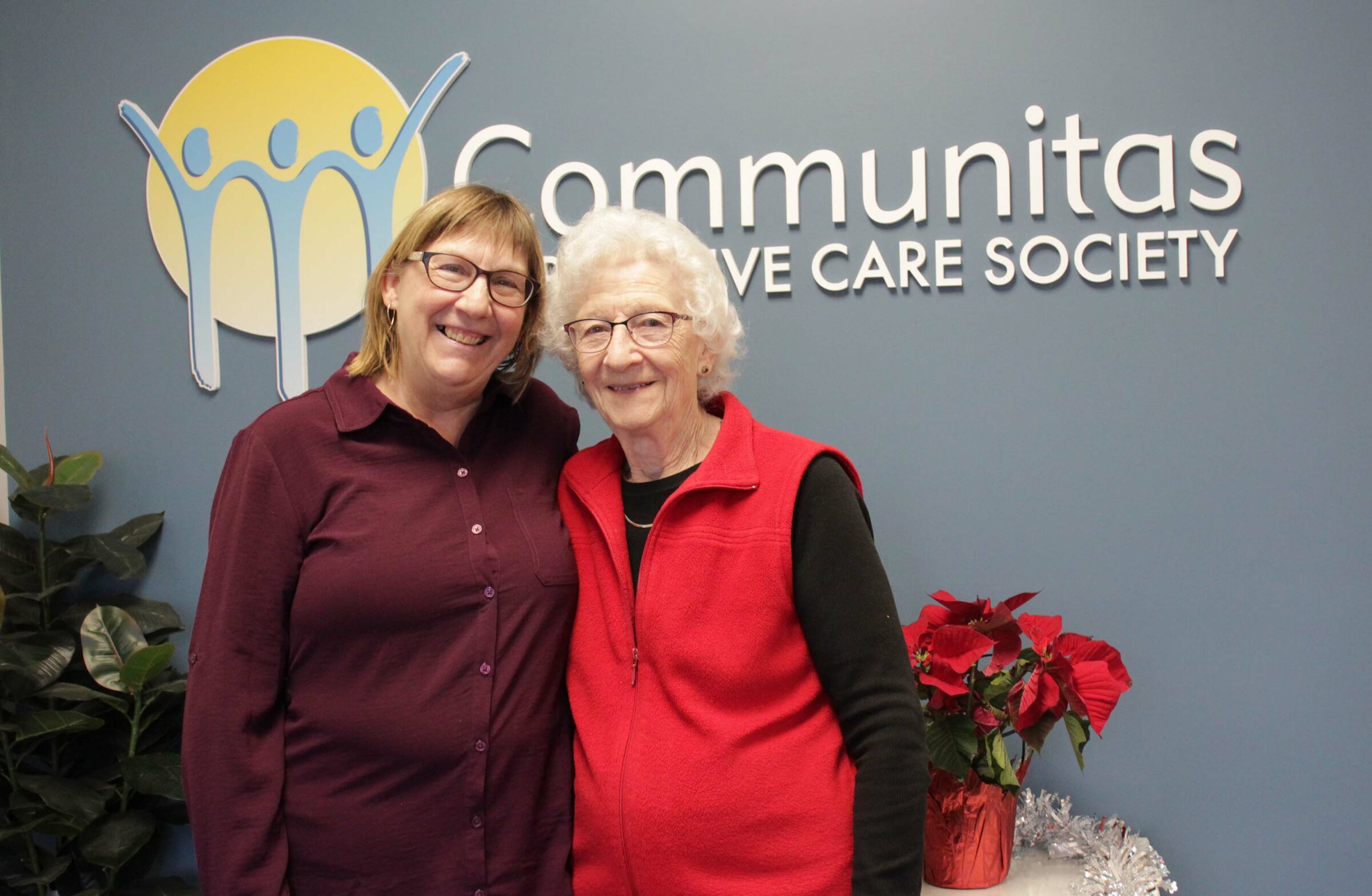
While CAC has come to an end, its legacy remains. The values and goals established by CAC remain throughout the organization, which continues to create places of belonging, growth, and contribution for all the people. For Helen and Joyce, who were there at the beginning and for Claudette who saw CAC come to a close, this person-centred approach and the recognition that all human life is created in the image of God is important.
“The people we serve are just as important in God’s sight as any of us,” Helen says.
Claudette agrees. “People are so much more than their limitations,” she says. “To me, people are just people.”
Related Stories

Moving from Despair to Hope
Adria is living a good life, far different from where she was just a few years ago when mental illness took its toll. Find out what’s made the difference!

Coming Back to Self
Ryan says that WRAP – a mental wellness tool – helped him come back to the person that he once was.

Just Breathe
Inhale. Exhale, Breathe. Sometimes we forget that our breath is a tool to help us maintain our mental health. Follow along with the video at the end!